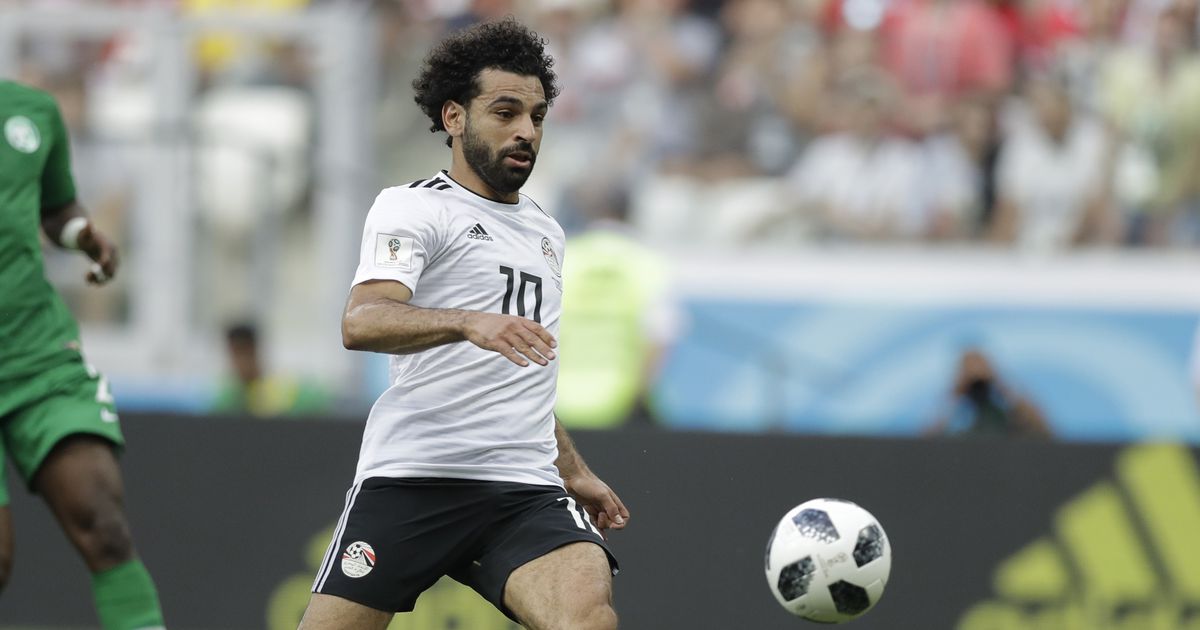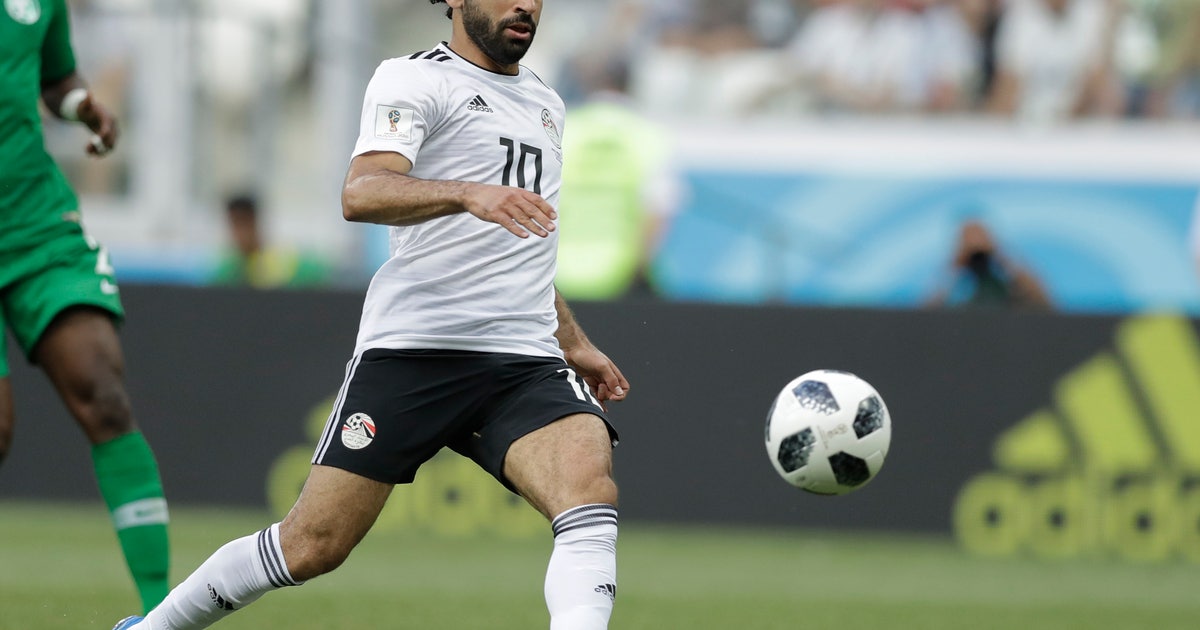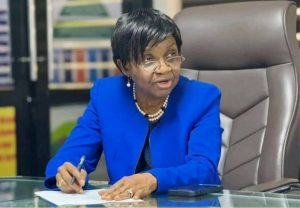African Cup is the Salah show but trouble behind the scenes


Mohamed Salah’s status as the main attraction in his home country at the African Cup of Nations threatens to be overshadowed by yet another soccer corruption scandal.
On the field, Salah has the chance to lead Egypt to a record-extending eighth African Cup and do it in front of his own people. That would provide a joyous end to the season for arguably Africa’s best player, who scored in the final and won the Champions League trophy with Liverpool after narrowly missing out on the Premier League title.
An Egypt success wouldn’t just be for Salah. It would provide respite for a soccer-obsessed country of nearly 100 million shaken by severe civil unrest for nearly a decade.
Egypt’s turmoil, which began with the popular overthrow of President Hosni Mubarak in 2011, affected all walks of life, including soccer. Egypt’s team, after winning a third straight African Cup in 2010, disintegrated amid the distractions at home and failed to even qualify for the next three tournaments.
With Salah at the forefront, Egypt returned to make the final two years ago, losing to Cameroon after a late goal. Egypt opens this African Cup against outsider Zimbabwe on Friday and Salah hopes he’s leading the home team’s attack in the final in front of 75,000 roaring Egyptians at Cairo International Stadium on July 19.
There couldn’t be a better stage for Salah to shine for his country. But there’s trouble behind the scenes.
The head of African soccer, who is also a FIFA vice president and an ally of Gianni Infantino, was questioned by French authorities while attending a FIFA meeting in Paris two weeks ago. Ahmad, who goes by one name, was released without being charged, according to the African confederation he runs, but appears to still be the subject of a criminal investigation and an ethics committee probe by FIFA.
French prosecutors haven’t commented on the investigation, which involves allegations of improper business deals negotiated by Ahmad as president of the Confederation of African Football.
He’s also been accused by a former high-ranking official at CAF of bribing African soccer presidents and misusing money — some of it to buy himself luxury cars in Cairo, where CAF is based, and at home in Madagascar.
Ahmad denied wrongdoing and said in an interview with The Associated Press last month that the two cars were a necessity because “the image of the CAF president is very important.”
“I cannot explain myself … to everybody,” he said.
With scandal hanging over him, and members of his own organization turning against him, Ahmad desperately needs the first African Cup he’s presided over to be a success to shore up his shaky leadership of FIFA’s largest continental confederation.
There are other issues.
The African Cup features 24 teams for the first time this year, up from the usual 16, and that extra organizational burden will be carried by a country only awarded the tournament at the last minute.
Egypt was handed hosting duties six months before kickoff after Cameroon was dumped for being way behind schedule building stadiums. So, Egypt must put together the biggest African Cup in history in a rush.
The tournament will be played at six stadiums, three of them in Cairo and the others in the cities of Suez and Ismailia on the Suez Canal and Alexandria in the far north on the Mediterranean coast.
Unlike Cameroon, Egypt has the stadiums. Organizers just need to keep them safe after soccer games became a focus for some of the country’s politically charged violence.
Former president Mohammed Morsi’s dramatic collapse and death inside a Cairo courtroom this week also put the country on edge and sparked street protests.
And African soccer, with its reputation for shabby organization, needs to prove it can keep up with modern developments. Video review will be used at the African Cup for the first time from the quarterfinals. Its trial run didn’t go well when the technology failed in the African club final last month, causing a near two-hour delay and, embarrassingly, one of the teams to eventually walk off in protest.
Salah and Egypt, backed by their fervent fans, are the favorites. Liverpool teammate Sadio Mane is also a contender for the title with Senegal, as are defending champion Cameroon, Nigeria, Tunisia and Morocco.
The extended tournament also opened the way for three teams to make their debuts. Burundi, Mauritania and, in a sliver of good news for the president, Ahmad’s home country of Madagascar will all play at the African Cup for the first time.






